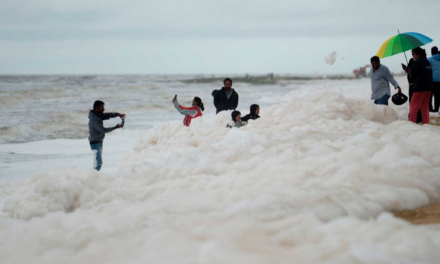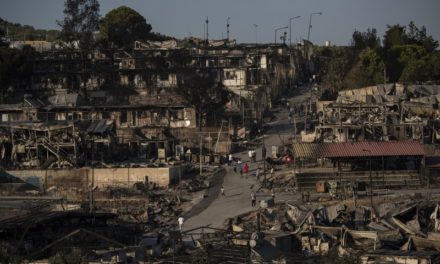Koalas are not only Australia’s national treasure, but the animal is revered internationally for their adorability. However, if urgent action isn’t taken soon, Australia’s New South Wales region will see the extinction of the species before 2050.
In a government-backed inquiry, a multi-party committee tabled a report on Tuesday revealing that habitat loss was the biggest threat to the survival of the species due to logging and other types of continuous land clearing.
“Given the scale of loss as a result of the fires to many significant local populations, the committee believes the koala will become extinct in New South Wales well before 2050 and that urgent government intervention is required to protect their habitat and address all other threats to their ongoing survival,” the report said.
In the wildfires in Australia that devasted parts of the country in 2019 and early 2020, roughly one billion animals perished in the fires including 5,000 koala bears. The climate crisis will only exacerbate these conditions, making wildfires and droughts more common. Not only will this affect koala habitat, but their food will be of reduced nutritional quality due to high carbon dioxide in the atmosphere in the eucalyptus leaf – which already provides low energy.
The committee provided 42 recommendations for the government to implement, however it is unclear which ones will be adhered to. Some of the recommendations include providing new national parks, reducing land clearing and supporting broad biodiversity.
Koalas are native to Australia, and are an iconic part of the country’s image, but across the nation koala populations are dangerously dwindling. According to conservation groups, populations in Queensland, South Australia, Victoria and the Australian Capital Authority are already on the decline. The committee also found that government estimates of 36,000 koalas in New South Wales are “outdated and unreliable,” demonstrating how quickly these numbers are dropping significantly.
Last year, the Australia Koala Foundation estimated that there may only be roughly 80,000 koalas left in the whole country.
The World Wide Fund (WWF) have also reiterated the findings of the report, stating that the government isn’t doing enough to protect the species.
“The NSW Government has failed to stop core koala habitat being bulldozed on private land or chopped down in coastal state forests. No trees, no koalas,” said Stuart Blanch, a senior manager at WWF-Australia.
“WWF calls on the NSW Premier to rewrite weak land clearing laws to protect koala habitat, greatly increase funding for farmers who actively conserve trees where koalas live, and a transition out of logging koala forests and into plantations,” he added.
- This Artist is Making the Underwater Arena His Canvas - 28th April 2021
- A Video Game that Promotes Peace and Conflict Resolution - 15th March 2021
- Netflix’s ‘Living Undocumented’ is a Difficult Series to Watch, and Exactly Why We Should - 9th March 2021






